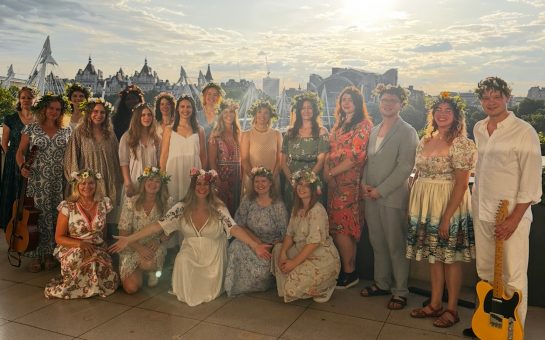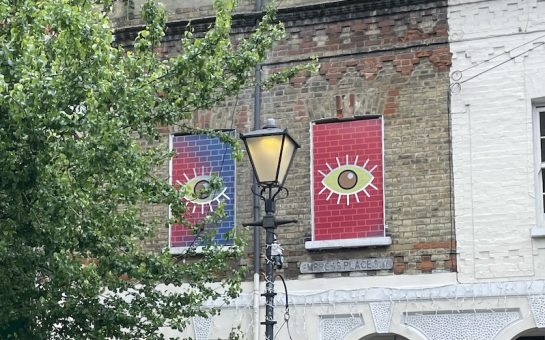Set against the dark confusion of the foot and mouth crisis, new play And Then Come The Night Jars open on September 2 at Theatre503 in Battersea.
Ferocious in its rage, delicate and heart-warming in its humour and achingly tender, writer Bea Roberts maps the changing face of the British countryside.
The play charts one farm’s struggle to survive, from the desolation of 2001 to the all-consuming property development of ten years later, though the relationship of two friends forced onto opposing sides.
Set in 2001 in the disease-ravaged Devon countryside, dairy vet Jeff delivers shattering news to his friend Michael who must choose what path to take in order to keep safe all that he holds dear.
As tensions rise on a national scale only Jeff can get through the thickening smoke to help his friend against impending devastation.
“You hardly ever see ’em, only hear them. They fly silent. It’s bad luck is Nightjars. It’s a bird o’death.”
Playwright Bea was bought up in community very similar to the one at the heart of her play, although born on a British Army base in Hannover her family moved to the Devonshire village of Buckland Monachorum when she was a few months old.
Her childhood home backed onto a dairy farm, she has had first-hand experience of growing up in the rural farmland of Devon, which she describes as ‘idyllic’ before the ensuing tragedy of the foot and mouth outbreak.
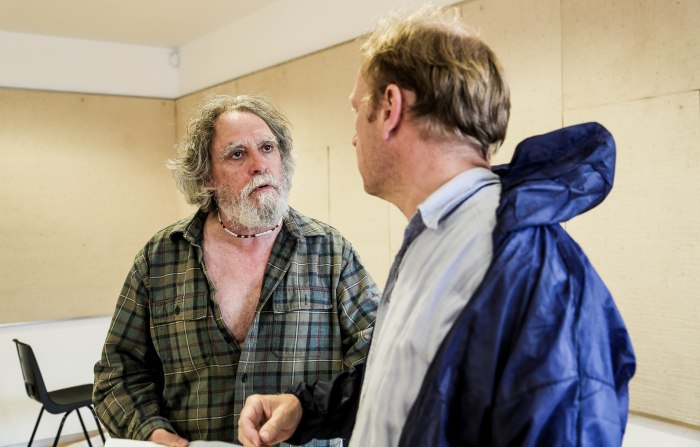 REHEARSAL: The cast get into character
REHEARSAL: The cast get into character
“The village is very much based on my experiences growing up,” she told SWL. “Much of it is based on the memories I have from growing up surrounded by the farming community.”
The 30-year-old first had the idea for the play in 2011, on the ten-year anniversary of the outbreak, when she and her friends recalled their ‘vivid memories’ of the time compared with the lack of coverage of the anniversary in the media.
She said: “A friend’s dad was a vet who, at the time, had to kill many animals. I was intrigued by the impact of it all, I felt like it needed an investigation.”
While developing the play Bea took inspiration from the book, The Year of the Pyres, by Judith Cook and worked on early scenes with Sharon Clark at the Bristol Old Vic.
The freelance writer sees the play as a mirror for the changes that the countryside in Britain has gone through her lifetime.
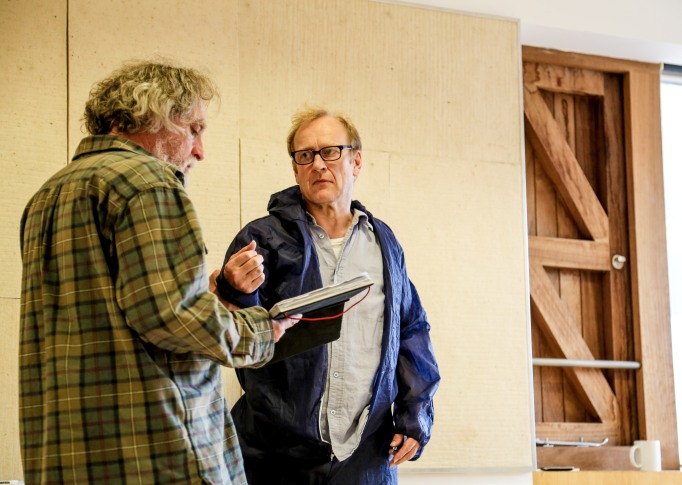
CUE! The cast in action in the rehearsal space
“It is a personal play that reflects the changes to the countryside I have witnessed,” she said.
“The changing landscape, the changing uses of the land and the economic impact those changes have had.
“It represents a changing Devon. It represents the history of Devon.”
The subject matter of Bea’s writing is deeply personal but she is also keen to emphasise the larger implications of the outbreak on Britain as a whole, an outbreak that saw more than four million animals slaughtered and the General Election delayed.
“It was a tragedy, a tragedy for the animals and tragedy for rural farming,” she said. “The crisis had a distinct effect on the landscape of the British countryside.
“It was not only the farmer’s livelihoods that were affected but the future of the farming industry. The effect can still be seen today, where there used to be farming land there are now housing estates.”
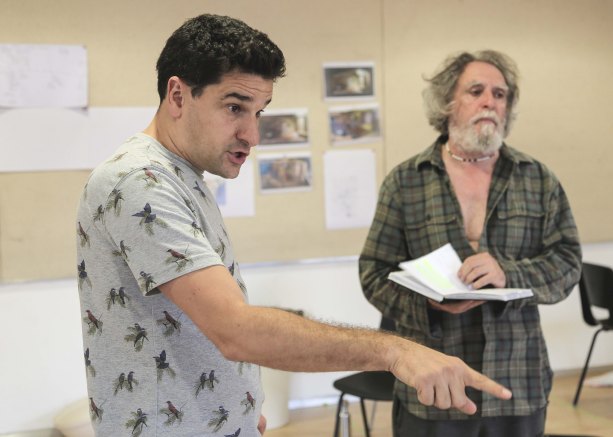
FROM THE TOP: Artistic director Paul Robinson
The play is a story of enduring friendship and Bea admits the balance between conveying the story and presenting an accurate account of events has been nerve-racking.
She said: “I wanted to truly represent the tension and uncertainty felt. It was a scary time to grow up, there were new rules, roads you couldn’t go down, antiseptic washes everywhere.
“Kids were in school one day and then not there the next, as a child that is all very upsetting, there was a lot of confusion,” she concludes. “It felt out of control.”
And Then Come The Nightjars was selected from more than 1,600 entries as joint winner of the inaugural Theatre503 Playwriting Award and will be a co-production with Bristol Old Vic.
The play runs from September 2 until September 26 at Theatre503 in Battersea before transferring to the Bristol Old Vic from October 6.
Featured picture courtesy of We Are Vintage Photography, with thanks
Rehearsal pictures courtesy of Jack Sain, with thanks
